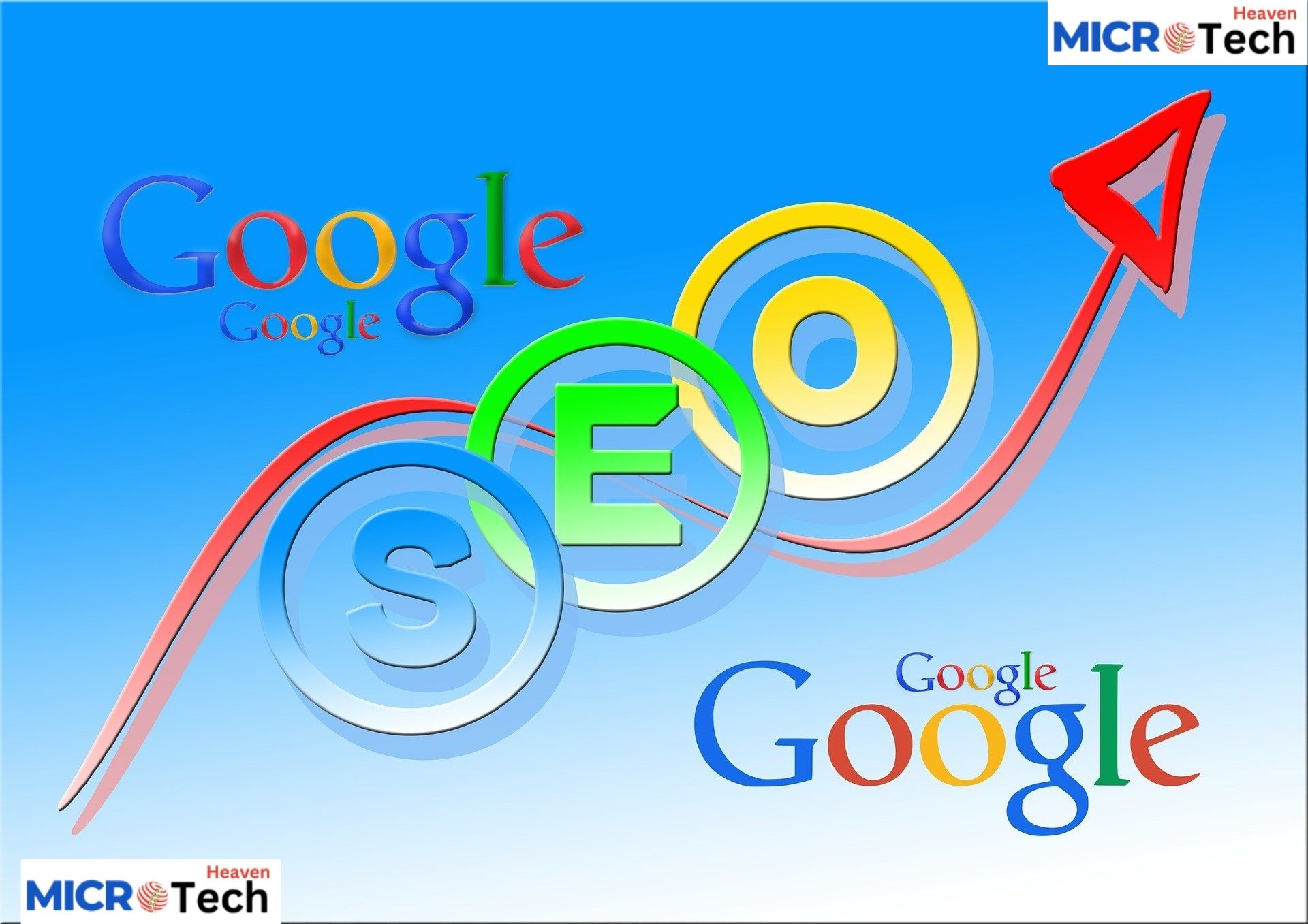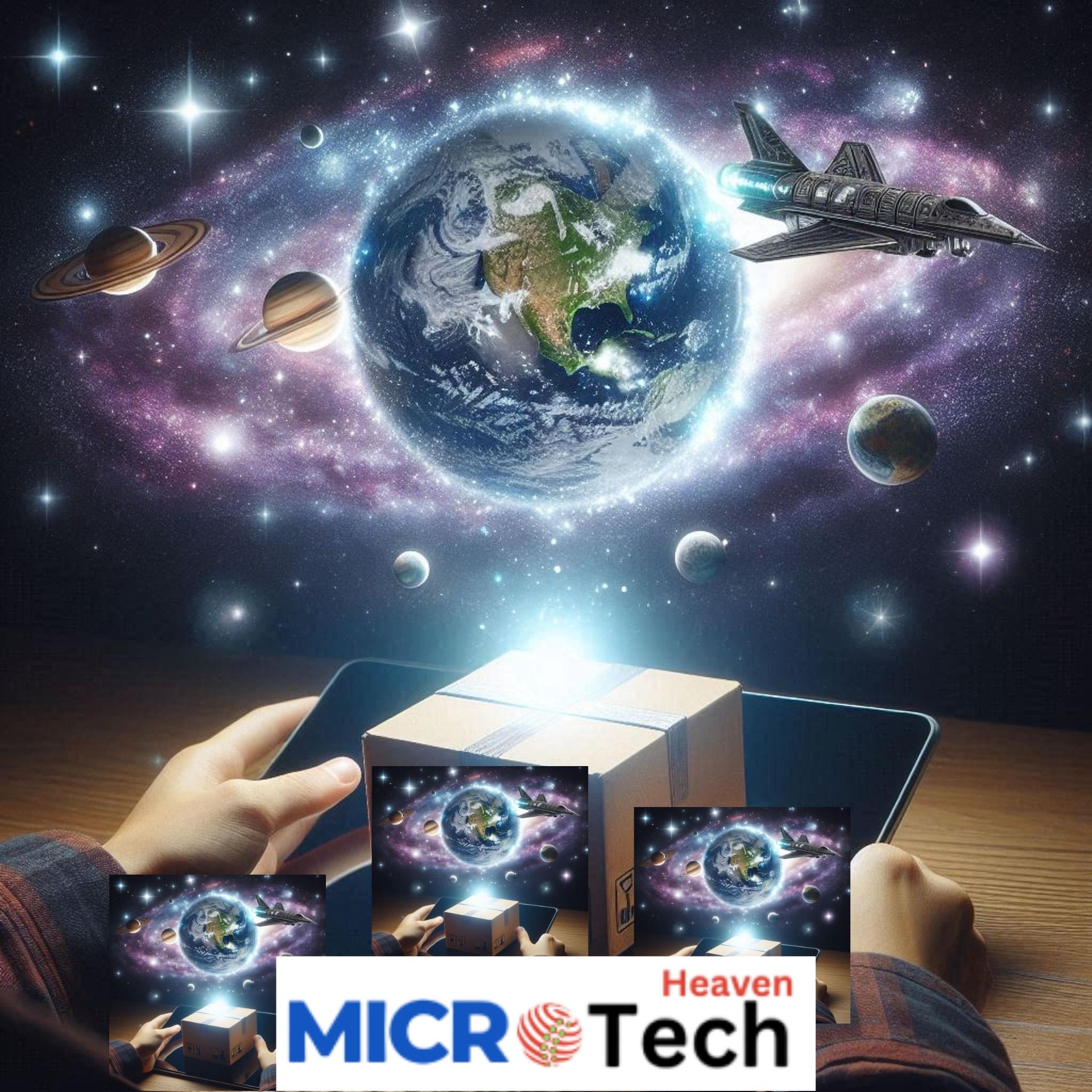Who Owns AI-Created Content? Laws & Debates
Index
- Introduction
- What is AI-Generated Content?
- Who Owns AI-Generated Content?
- The AI Copyright Debate
- AI-Generated Content and IP Rights
- Copyrightability of AI-Generated Works
- Who Owns the Content Generated by AI?
- Step-by-Step: How AI Content Creation Works
- Real-Life Example: A Blogger’s Copyright Confusion
- Who Owns Generative AI?
- Who Owns ChatGPT and Meta AI?
- Is AI Output Copyrightable?
- Who Created AI?
- Conclusion
- FAQs
Introduction
AI is everywhere these days. From writing stories to designing logos, AI is creating things faster than ever. But here’s the big question:
Who owns AI-created content?
If a machine makes a song or an article, is it yours, the machine’s, or the company behind the machine?
Let’s unpack this complicated (and interesting!) topic in simple words.
What is AI-Generated Content?
AI-generated content is any text, image, music, or video created with the help of artificial intelligence.
For example:
- A blog post written using ChatGPT
- A song made by an AI music generator
- A logo designed by AI art tools
🔗 Learn more about AI content creation
Who Owns AI-Generated Content?
This is one of the most asked questions.
If you use a tool like ChatGPT or DALL·E, who actually owns the final output?
Most AI platforms say that you, the user, own the content—as long as you follow their terms.
But laws can vary by country.
For example:
- In the US, only content created by humans is protected by copyright.
- In the UK, copyright can exist for computer-generated content without a human author.
🔗 Read about who owns AI-generated works
The AI Copyright Debate
The debate started when people realized AI could write books and compose songs.
Should a computer be able to hold a copyright?
Many say no because machines don’t have human emotions or creativity.
Others argue that if a human guides the AI, they should get the copyright.
This is known as the AI copyright debate—and it’s still going strong.
🔗 Here’s a deeper look at the debate
AI-Generated Content and IP Rights
Intellectual Property (IP) rights protect original work. But how do they apply to AI?
If you use AI to write a product description or design a poster, can someone else steal it?
Most platforms like Canva AI and Jasper allow you to claim ownership, but they don’t guarantee legal protection.
This creates confusion and legal gray areas.
Copyrightability of AI-Generated Works
Is AI output copyrightable?
In many countries, if there’s no human involved in the creative process, the work isn’t copyrightable.
So, if you press one button and an AI writes an entire book, you might not get copyright protection.
But if you edit, guide, or tweak the content, you might qualify for copyright.
Who Owns the Content Generated by AI?
Generally, here’s the breakdown:
- The AI platform owns the model (like ChatGPT or Midjourney)
- You own the result, if the terms say so
- No one owns it, if laws say it’s not copyrightable
🔗 See OpenAI’s terms to know what they allow
Step-by-Step: How AI Content Creation Works
- You type a prompt or idea into an AI tool
- The AI uses its training data to generate content
- You receive the output
- You edit, use, or publish it
Simple, right? But when it comes to legal rights, that’s where things get tricky.
Real-Life Example: A Blogger’s Copyright Confusion
Tina runs a travel blog. She started using AI to generate destination guides.
One day, another blogger copied her post word-for-word.
When Tina tried to report it, the platform said, “We can’t verify the copyright.”
That’s when she realized that since AI wrote most of her article, it wasn’t protected.
Now Tina adds her voice, changes paragraphs, and includes personal stories to make sure her content is copyrightable.
Who Owns Generative AI?
Generative AI like ChatGPT or Midjourney is owned by the companies that built them.
For example:
- OpenAI owns ChatGPT
- Google owns Gemini
- Meta owns LLaMA (Large Language Model Meta AI)
🔗 Learn more about generative AI
Who Owns ChatGPT and Meta AI?
- ChatGPT is owned by OpenAI, a private AI research company.
- Meta AI is owned by Meta Platforms, Inc., formerly Facebook.
These tools are free to use (with limitations), but the companies behind them control the code and model.
Is AI Output Copyrightable?
The answer: It depends.
If the content has enough human input, then yes. But if it’s fully generated by a machine, most countries say no.
Even the US Copyright Office rejected copyright for a comic book created entirely by AI.
🔗 Check this ruling AI CopyRightable
Who Created AI?
AI has no single creator. It’s the result of decades of work by:
- Mathematicians
- Computer scientists
- Tech companies
Some early names include Alan Turing, John McCarthy (who coined the term AI), and teams at IBM and Google.
🔗 Explore the history of AI
Conclusion
So, who owns AI-generated content? The short answer: It depends.
It depends on:
- Your country’s copyright laws
- How much you were involved
- The platform you used
The legal world is still catching up with technology, but one thing is clear:
If you use AI to create content, add your personal touch to protect your rights.
AI is a powerful tool—but ownership still requires a human touch.
FAQs
- Can I copyright something made by AI?
Only if you helped create it with your own input. Full machine-made works usually aren’t protected.
- Who owns the content made by ChatGPT?
You do, according to OpenAI’s terms—unless you break their usage rules.
- What is generative AI copyright protection?
It refers to how the law protects content made by AI. Currently, protection is limited.
- Is Meta AI content free to use?
Some parts are open-source, but you still need to check licenses and terms.



